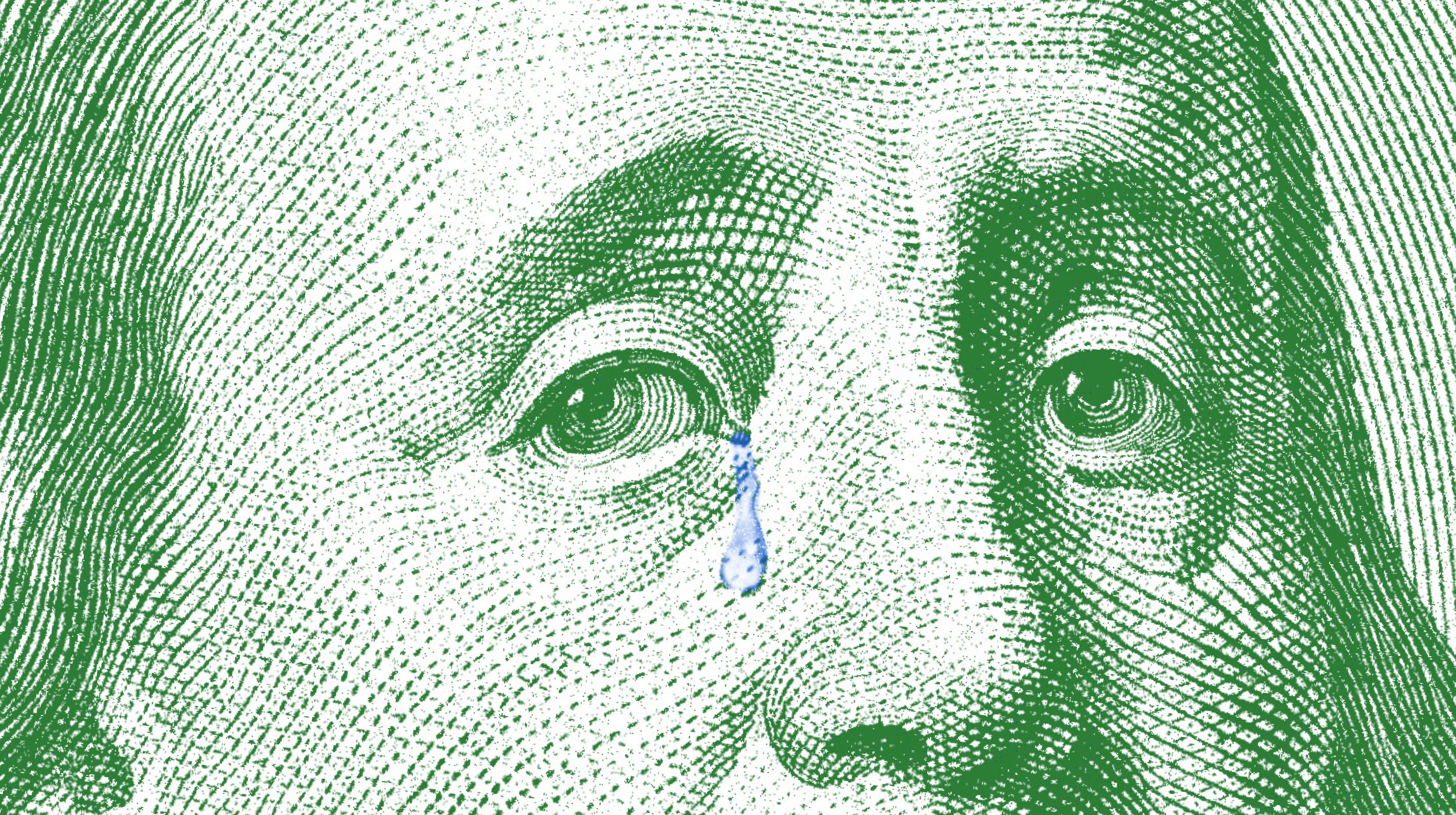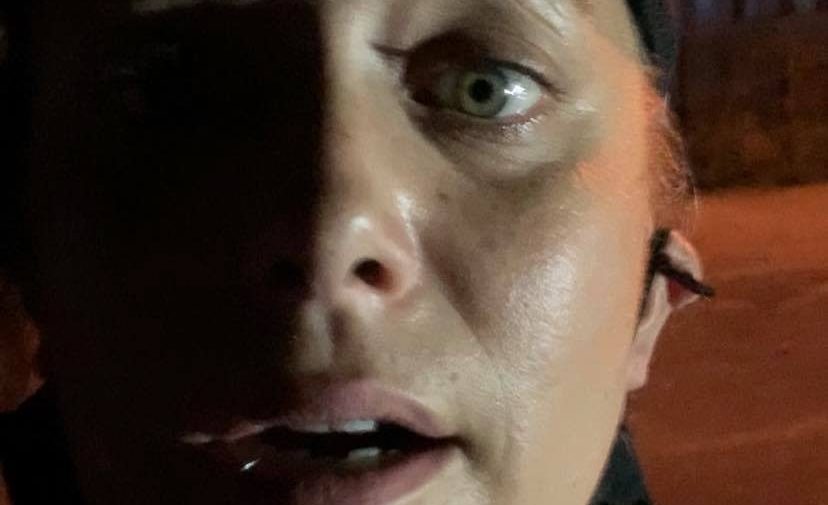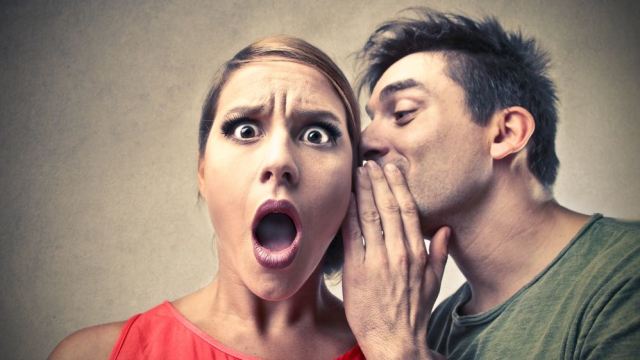The Power (and Danger) of Public Shaming

Josh Ostrovsky, aka comedian The Fat Jew, amassed over 5 million Instagram followers for his meme-filled feed of celebrity potshots, animals doing humanesque things, and general sarcastic quips about society and pizza. One of the app’s trustier icons, he was recently denounced by comedians across the board for not crediting the originators of said material.
The firestorm started when Comedy Central dropped Ostrovsky from a planned series, which, as Internet lore goes, was due to accusations of plagiarism — though in truth he’d been dropped months earlier. Still, social media can’t refuse a karma-worthy connection. A public shaming campaign was launched. His Instagram feed was filled with “how dare you” comments; plenty of sites joined in on the protests.
And then… he apologized. As he told Vulture,
I’m working to add attribution to every one of my posts, and will continue to do so. My email address is up. I urge people to reach out and say, “That’s my thing.” I would love to give credit. I want people to shine on social media; I always have. And I will never again post something that doesn’t have attribution, because I realize now that when the stage is large enough, and the voice is large enough, these things matter.
While comedy podcasts and blogs continue to debate the credibility of his style and approach, one thing is clear: The public shaming campaign worked. And regardless of your feelings on what he does, he acted graciously and respectfully, and now provides citations to everything he posts.
Jennifer Jacquet, NYU assistant professor and author of Is Shame Necessary? New Uses For An Old Tool, would probably argue that this is a great example of the power of public shaming. While she predominantly discusses environmental issues, her book entertains plenty of pop culture examples of why throwing a little shame in proper context is powerful cultural medicine.
Anthropological evidence Jacquet cites shows this to be true: “Two-thirds of human conversation is gossip about other people.” Criticism is much more prominent than praise. One researcher, who studied Botswana’s !Kung bushmen, recorded 90 percent critical conversation to only 10 percent praise.
While these numbers sound outlandish, it’s part of our neurological make-up. I remember one meeting years ago for Equinox instructors in which the manager asked us to imagine a class of 50 people. Forty-nine are having the fitness experience of their lives, but there’s that one woman in the corner not really into it. It’s easy to let our minds wander to that one. Our brain notices abnormalities in our environment. Those other 49 are not the aberration; she is. Our attention, to our detriment, goes there.
Jacquet argues that this attention can lead to powerful change, however. Turns out that while not paying federal taxes can land you in jail, state taxes are not as regulated. To combat this, California set up a website naming the top 500 delinquent citizens. Each taxpayer was notified of their name being published six months in advance. The state government estimated an annual collection of $1.6 million. But since the site’s launch in 2007, the state has collected more than $336 million in tax revenue thanks to this campaign.
Jacquet takes time to distinguish between shame and guilt, which are sometimes confused. Shaming is a self-regulating public tool. It doesn’t always work as planned. (She uses the example of Joseph Bruce Ismay, the disgraced owner of the Titanic who, instead of going down with his ship, let women and children drown; he never apologized and lived the rest of his life in disgrace.) But when it does, it should be effective and then forgotten when the supposed crime has been owned up to, a la Ostrovsky above.
Guilt, she argues, is a more rampant concern in a society that champions the individual over the group. It is a private affair. Shaming might make you feel guilty, but that’s something you experience internally, on your own. If the shame is cleared up, guilt dissolves. For people like Ismay, who never apologize or explain, guilt can destroy a life.
Which leads to my only criticism of her book. In championing shaming, she doesn’t spend enough time distinguishing between successful public shaming techniques and the quick trigger fingers of bloodthirsty social justice warriors, who sometimes seek out targets to create scandals where none exist, or do not wait to find out all the evidence before pressing “tweet.”
Journalist Jon Ronson, author of So You’ve Been Publicly Shamed, was an advocate for public shaming on Twitter, calling it an important avenue for consumers to call out companies. But his TED talk about shaming reveals the dark side, in the case of disgraced author Jonah Lehrer:
But Jonah was on the floor then, and we were still kicking, and congratulating ourselves for punching up. And it began to feel weird and empty when there wasn’t a powerful person who had misused their privilege that we could get.
Ronson spends most of the talk discussing Justine Sacco, the disgraced IAC communications director who sent out what was perceived to be a racist tweet leaving Heathrow Airport; when reaching Cape Town 11 hours later, she had lost her job and was Twitter Enemy #1.
Ronson interviewed Sacco a few weeks after the event; turns out the tweet was actually a jab at American privilege, not Africans with AIDS. Regardless of the ironic value of the actual tweet (or its lack of humor), nuance is too challenging a mindset for a sect of public shamers. It requires research, contemplation, empathy, patience — all things the instant gratification of social media does not provide for.
Shaming will not be going anywhere anytime soon. I agree with Jacquet that that’s a good thing. It forces public accountancy or, as in the case of an organization like Sea World, a PR campaign so ridiculous and transparent that it only serves to prove the instigator’s point. I would only temper the enthusiasm of shaming with a dose of critical thinking. We live in an age in which, as Ronson suggests, a tweet can ruin a life. Shaming with knowledge and foresight is powerful medicine, but shaming without empathy can kill, as evidenced in suicides over the Ashley Madison dump. No one deserves such a fate as that.
Image: Jim Spellman





